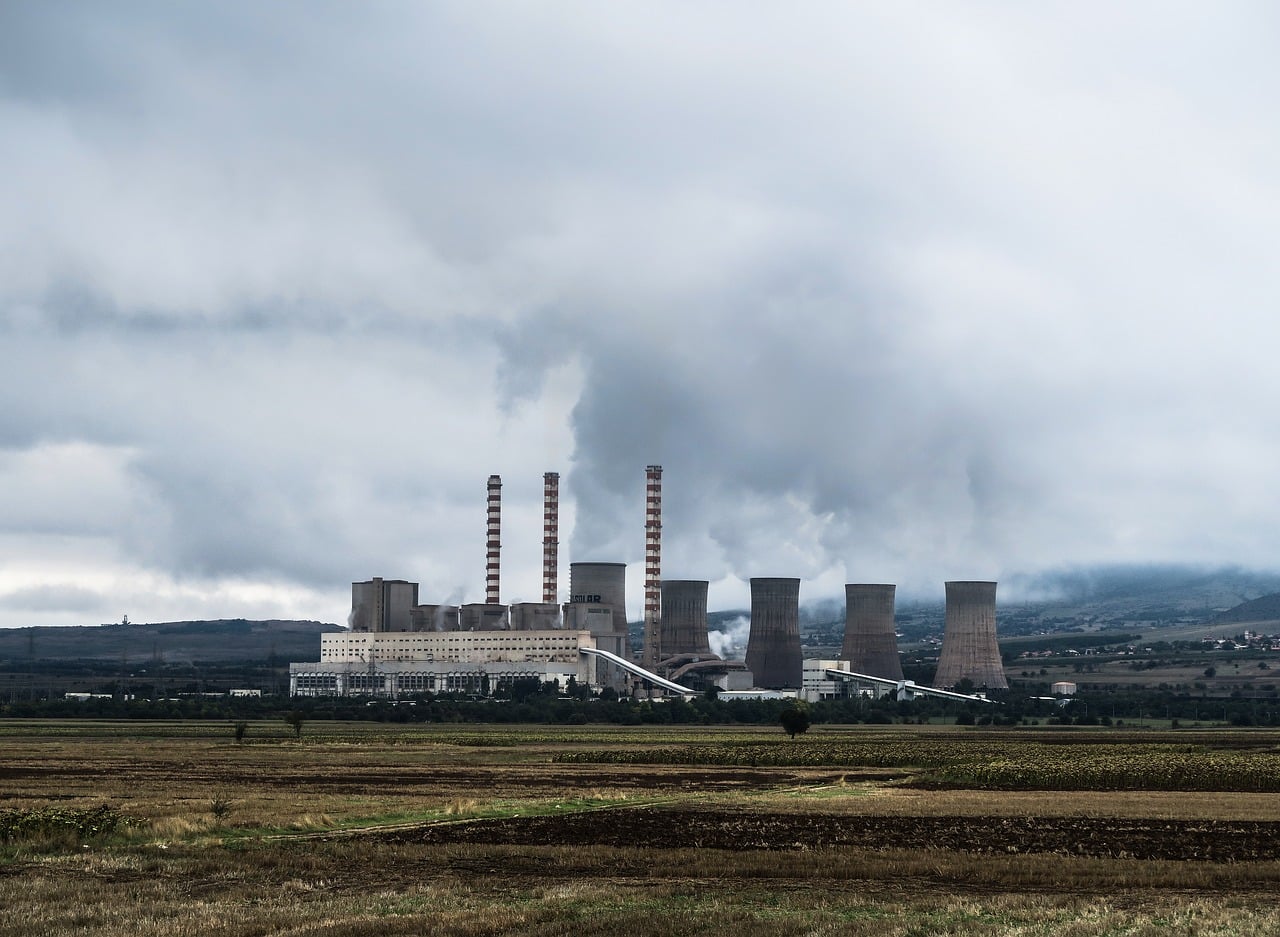Utilities Continued Investment in Natural Gas Infrastructure Sparks Investor Concern
Q3 2020 hedge fund letters, conferences and more
Concerns About Investments In Natural Gas
BERKELEY, CA—DEC. 16, 2020—Shareholder representative As You Sow filed shareholder proposals at four of the largest U.S. gas and electric utilities, Dominion Energy, DTE Energy, Duke Energy, and Southern Company, raising concerns about the companies’ continued investments in natural gas. Shareholders are concerned that these utilities are claiming “Paris-alignment” while remaining on a path toward stranded asset risk.
Natural gas is a potent greenhouse gas (GHG) with 84 times the climate impact of carbon dioxide. The natural gas supply chain leaks alarming amounts of methane upstream — 60% more than previously estimated by the U.S. Environmental Protection Agency — creating, not preventing, climate risk. Significant emissions also occur downstream, when gas is burned in buildings for heating and cooking.
“While all four utilities appropriately have net-zero GHG emissions targets, the targets ignore supply chain emissions, dramatically undercounting total greenhouse gas emissions,” said Lila Holzman, energy program manager for As You Sow. “Continuing to invest in natural gas infrastructure is not a solution. If these four utilities accounted for the full range of greenhouse gas emissions associated with natural gas, they would likely be heading more rapidly toward investments in electrification, renewables, storage, and other low-carbon technologies.
“As it stands, current ‘net-zero’ plans appear to rely heavily on fossil gas and fall short of necessary climate goals.”
Achieving Net-Zero Emissions
Electrification, rather than natural gas, has emerged as an increasingly cost-effective solution to achieve net-zero emissions. Already, 40 cities in California and across the country have adopted policies to curtail natural gas in buildings and support building electrification. Recognizing the need to grapple with the challenges of winding down gas assets, California, New York, and Massachusetts have each launched official investigations into the future of gas distribution systems.
“Utilities are not adequately planning for reduced use of natural gas in buildings,” said Daniel Stewart, research associate for As You Sow. “By proactively shifting away from natural gas as the default energy source, and incentivizing low-carbon electrification, utilities can support this promising solution.
“Instead, investors are concerned that utilities like Dominion and DTE are investing billions in fossil fuel infrastructure, which is at risk of being prematurely stranded, when they could be moving toward a zero-emission building future.”
As You Sow along with other shareholders also filed a resolution with California utility Sempra Energy on its climate-related lobbying practices. The company’s subsidiary, Southern California Gas (SoCalGas), is the nation’s largest natural gas distribution utility and has been widely criticized for its actions to promote gas use and attempt to slow or stop government regulations to reduce climate emissions, undermining climate goals.






